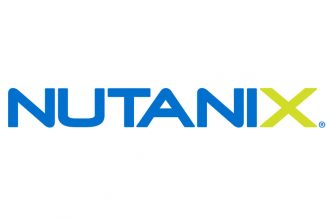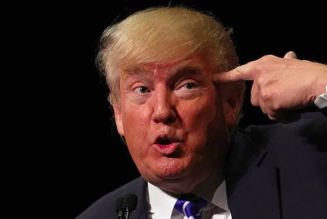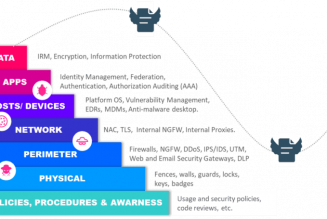US President Donald Trump has signed an executive order that aims to prohibit transactions with eight digital Chinese payment platforms, including Ant Group’s Alipay and Tencent’s QQ and WeChat Pay.
“Additional steps must be taken to deal with the national emergency with respect to the information and communications technology and services supply chain,” reads the order.
“The pace and pervasiveness of the spread in the United States of certain connected mobile and desktop applications and other software developed or controlled by persons in the People’s Republic of China… continue to threaten the national security, foreign policy, and economy of the United States.”
US Commerce Secretary, Wilbur Ross confirmed that the Commerce Department will “begin implementing the E.O.’s directives, including identifying prohibited transactions.”
/* custom css */
.tdi_3_255.td-a-rec-img{ text-align: left; }.tdi_3_255.td-a-rec-img img{ margin: 0 auto 0 0; }
According to TechCentral, the order is “likely to face legal challenges similar to those mounted against the president’s prior efforts to force the sale of TikTok from China-based owner ByteDance and ban WeChat’s messaging app”.
TikTok says Trump Administration has Yet to Review Ban Deadline
TikTok has called for the US Court of Appeals to review the ban by Trump administration’s Committee on Foreign Investment in the United States (CFIUS).
The social media platform says that it has been weeks since it received an update about the deadline for ByteDance – TikTok’s parent company – to sell off US assets.
“For a year, TikTok has actively engaged with CFIUS in good faith to address its national security concerns, even as we disagree with its assessment,” reads a statement from TikTok.
“In the nearly two months since the President gave his preliminary approval to our proposal to satisfy those concerns, we have offered detailed solutions to finalize that agreement – but have received no substantive feedback on our extensive data privacy and security framework.”
“Facing continual new requests and no clarity on whether our proposed solutions would be accepted, we requested the 30-day extension that is expressly permitted in the August 14 order,” the statement continues.











